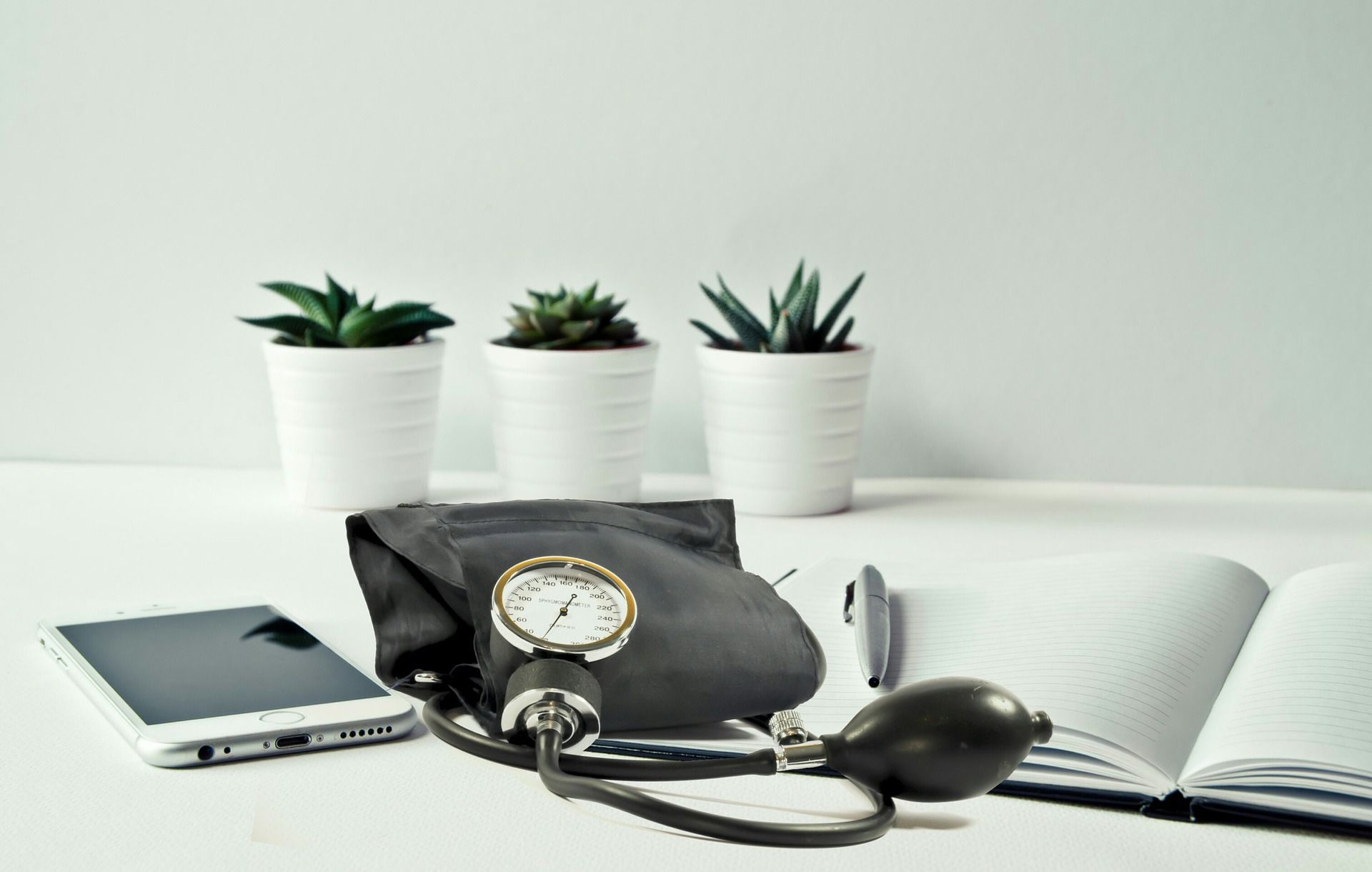NHS celebrates 70 years of healthcare thanks to technological developments
If you’ve watched any late-night TV over the last week, from all the special programmes that have been on you’ve probably realised by now that the NHS recently celebrated its 70th birthday. It is undeniably a crowning glory of the state and what it can do to better its citizens’ lives. Our health service is unlike no other and has saved hundreds of thousands of lives throughout its long history. With the help of the NHS, we’re getting healthier, life expectancy has been rising by five hours a day, annual cancer survival rates are up and heart attack and stroke deaths have tumbled, according to recent NHS data. As those 70 years have progressed, the advancement and development of technology has undeniably aided the NHS in helping to achieve these monumental statistics.
PDAs
The NHS has begun to utilise modern technology, the most obvious being apps and smartphones. Patients can now book appointments online, have their appointments taken over the phone to save time, download apps that helps them quit smoking or even monitor exercise levels – all in the name of making us a healthier nation. Doctors too are now able to utilise tablets and smartphones, with paperless systems being used more often, not only helping the environment but also making tracking patient data easier and more efficient. Apps have also helped in certain operations. The rise in the domestic use of smartphones, tablets and apps has no doubt been replicated within the NHS, and will continue to do so for some time.
Our health service is unlike no other and has saved hundreds of thousands of lives throughout its long history
At-Home Diagnostics
As devices become smaller and smaller, the NHS is able to scale down some previously-untransportable machines in order to allow them to be carried around and used in patients’ homes. Portable x-ray machines, hearing-screening devices, and blood-testing kits, to name but a few, allow NHS staff to diagnose patients more easily and remotely from the comfort of a patient’s own home. It has not only had profound consequences on the rising number of patients the NHS is able to treat, but also the declining number of people now having to physically travel to a hospital in order to have a check-up.
Artificial Wombs
Finally, tests are currently being carried out on the use of artificial wombs in order to help save the lives of babies born prematurely. Being born so abruptly can often prove dangerous to babies, but tests are being carried out on the use of artificial wombs to replace the sudden-loss that a baby experiences once born early. According to some doctors, the technology could be ready for human trials within the next five years.
Portable x-ray machines, hearing-screening devices, and blood-testing kits, to name but a few, allow NHS staff to diagnose patients more easily and remotely from the comfort of a patient’s own home
The utilisation of modern technology has undeniably helped the NHS in transforming itself into a world-leading healthcare provider. Whilst in the next 70 years there may be issues surrounding data privacy and the replacement of doctors and nurses with machines, the use of technology is without doubt, and irreversibly, on the rise.

Comments